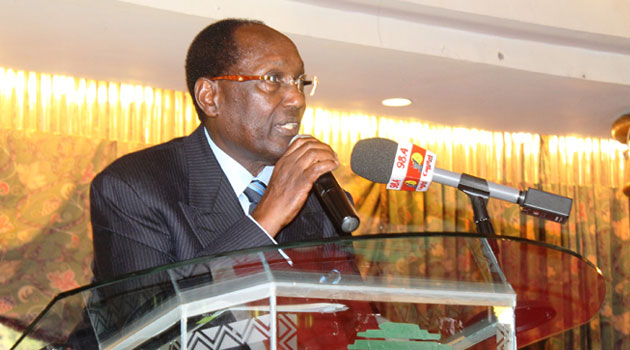At the sidelines of the forum, in between repeated interruptions by his many managers on his two mobile phones, he describes the most dramatic change he’s seen in the African business landscape.
“It’s the young people,” he says. “Nowadays they are very curious about becoming entrepreneurs. In the past they wanted jobs in civil service, in government. But now they’re starting to say: ‘I want to be a businessman.’
Government opportunities are not elastic, there are not as many opportunities, education levels have improved and young people are learning you can be a businessman and make lots of money.”
Mr Kirubi is seen in some opposition circles as being rather too close to the Government of Uhuru Kenyatta. He’s been on regular foreign trade trips with the President. But he makes no excuses. “He does politics and I talk business,” he says.
And here is the other major shift in the African business scene. “There’s been a realisation among African governments that politics is only second to economics.”
He explains: “Most African countries had to fight for independence, so everything was about their liberation movements – getting the colonisers out of their way. But now we are all independent countries. Populations have grown, education has come and we are now trying to yardstick ourselves with the developed world. The focus has changed. Countries are being judged by how good a leader is in running the economy. And this is a very good thing.”
The entrepreneur Chris Kirubi was scathing about the way Western commodities traders like Cargill and Vitol treat African food producers, and demanded fairer prices.
Mr Kirubi, who owns 700 acres of coffee farmland in Kenya, said commodities traders had driven prices so low that it was no longer worth it for many farmers to keep growing crops.




































